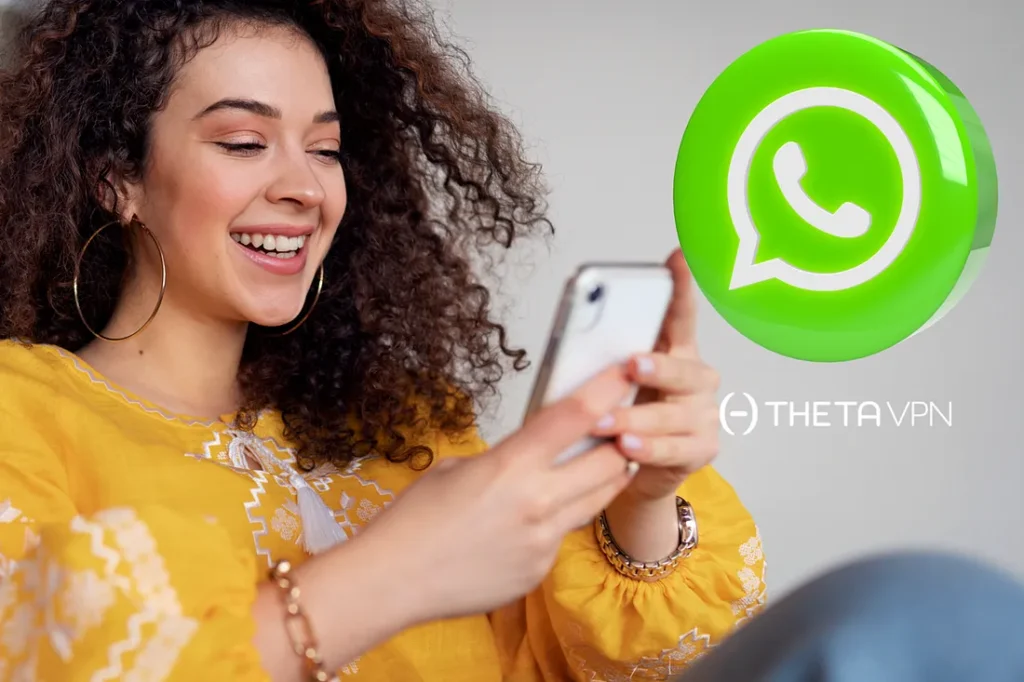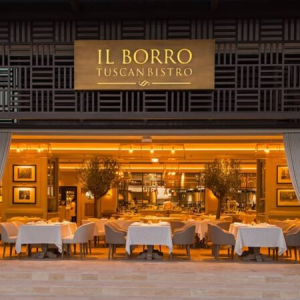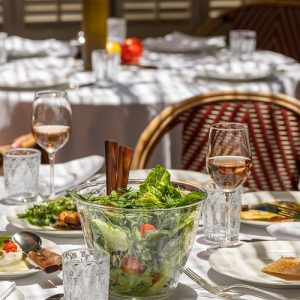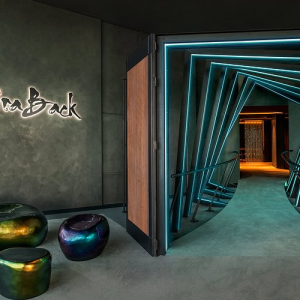A Digital Lifeline for Thousands
For thousands of Jordanians living in Dubai, staying in touch with loved ones back home isn’t as simple as picking up the phone. With WhatsApp calls restricted in the UAE, many have turned to Virtual Private Networks (VPNs) — a digital bridge that helps families hear each other’s voices, share joys, and wipe each other’s tears in real-time.
While VPN use remains in a legal grey area in the UAE, for many expats, it’s less about bypassing rules and more about holding onto human connection.
Life in Dubai: A Dream That Comes at a Price
Dubai is often marketed as the land of opportunity, glittering skyscrapers, and tax-free incomes. But for Jordanian expats like Lina Al-Fayez, a 29-year-old marketing executive, it’s a double-edged sword.

“I came here to grow my career, but I never imagined I’d feel so far from my mother’s voice,” she says. “WhatsApp is how we shared everything back home. Without it, I felt lost.”
Lina, like many others, uses a VPN to unblock WhatsApp’s calling feature. It’s not about luxury — it’s a lifeline. The hustle of everyday Dubai, with long commutes, high rents, and endless work hours, makes free moments rare. Being able to hear her mom’s voice without stress? That’s priceless.

The Struggles Behind the Glamour
On Instagram, it may look like Jordanian expats are thriving in the UAE — brunches, beaches, and Burj Khalifa selfies. But behind the filters are stories of struggle.
Omar Haddad, 34, works in construction. His job is physically demanding and mentally isolating. With his wife and two kids still in Amman, communication is his only form of family time.
“I work 10 hours a day. All I want is to say goodnight to my kids. Without a VPN, I can’t even do that,” he says.
WhatsApp is blocked for calls in the UAE due to licensing restrictions and government regulations. That leaves expats stuck — relying on paid alternatives like Botim or ToTok, which many say are less stable or familiar than WhatsApp.
The Silent VPN Revolution
Across Dubai, a quiet digital revolution is underway. From cafes in Al Barsha to dorm rooms in Deira, Jordanians and other Arab expats are turning to VPN apps like NordVPN, ExpressVPN, and Surfshark. They’re not hackers or rebels. They’re just people trying to stay connected.
“We’re not using it to break laws. We’re using it to feel human again,” says Reem Youssef, a 26-year-old graphic designer from Irbid.
She uses a VPN daily to talk to her younger sister, who just started university in Jordan. Reem helps her with assignments, gives her fashion advice, and sometimes, they just sit in silence — connected by the soft hum of a voice call.
Achievements Against the Odds
Despite the emotional toll, many Jordanians in Dubai are achieving great things. Take Tariq Dabbas, 40, who moved to Dubai 12 years ago with nothing but a suitcase and a dream. Today, he owns a thriving interior design business and employs over 15 people — half of them fellow Jordanians.
Tariq credits his late father in Jordan for pushing him to chase his goals.
“Even when I failed, he’d say, ‘Get up, son. We don’t quit.’ We talked on WhatsApp almost every day through a VPN. His words kept me going.”
VPNs, in this case, did more than provide connection — they helped build a business.
A Legal Grey Zone
Technically, using a VPN in the UAE is not illegal — unless it’s used to commit a crime. But calling through unlicensed VoIP apps like WhatsApp is restricted. This creates fear among users, even those who only want to call family.
Most expats take precautions. They use reliable VPN providers that offer strong encryption and no-log policies. Still, the fear of “getting caught” makes some anxious.
“I just want to hear my mom’s voice, not break the law,” says Lina.
The UAE has introduced alternatives like Botim and C’Me, but these often come with monthly fees or inconsistent quality. For many, these aren’t real alternatives — just roadblocks.
Community Support in the Digital Age
Despite restrictions, the Jordanian community in Dubai is resilient and close-knit. WhatsApp groups, Zoom events, and Instagram lives keep people connected and informed — often with VPN access as the unsung hero.
Many new arrivals are immediately taught how to install a VPN — not as a trick, but as part of the survival kit.
“VPN is the first thing I installed after landing,” laughs Ahmed Suleiman, a 22-year-old student at American University in Dubai. “Before groceries, even before Netflix.”
He says having access to WhatsApp calls helped him fight homesickness and adjust to a city that can feel intimidating at first.
The Emotional Cost of Distance
One thing all the stories share: the emotional cost of being far from home.
During the COVID-19 pandemic, VPNs became even more critical. With flights suspended and movement restricted, voice and video calls were the only way to say goodbye to dying relatives, celebrate weddings, or watch new babies open their eyes.
For some, these digital moments were more than calls — they were the last memories.
Hope for Change
There are growing discussions in tech and business circles about relaxing VoIP restrictions in the UAE. As remote work and digital lifestyles become more common, the demand for open communication tools is rising.
For now, VPNs remain the quiet heroes for expats between Dubai and Jordan — powering love, grief, laughter, and ambition across borders.
“I don’t know what I’d do without my VPN,” says Lina. “It’s not just an app. It’s how I survive here.”
Final Thoughts: More Than Just a Tech Tool
For the average Jordanian in Dubai, a VPN isn’t a luxury. It’s a basic need — a way to stay human in a world that sometimes feels too polished and distant.
Through their struggles, resilience, and quiet victories, these expats remind us that connection is everything — even when it travels through a virtual tunnel across the Arabian desert.
Do follow UAE Stories on Instagram















